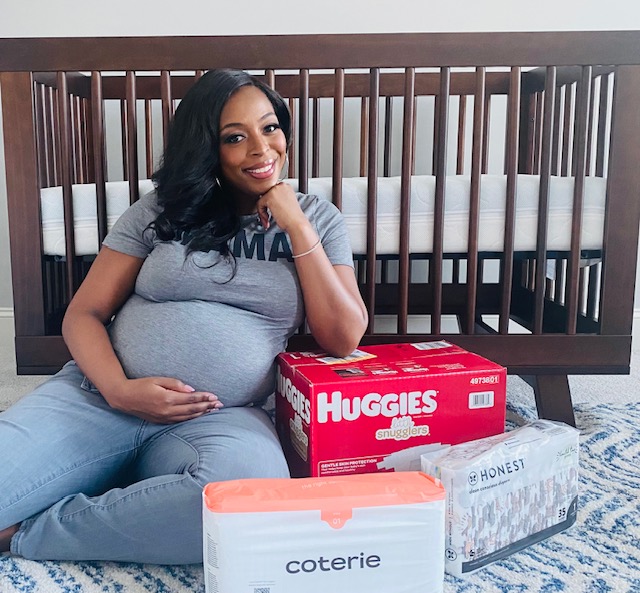I’m not gonna hold yall today. We’re getting to nitty gritty city very quickly on this one. One of the most common questions regarding fibroids is “Will fibroids impact my fertility?” The short answer is: it depends. I know, I know, this is not the answer you came here for. Sorry! But yall, every situation is different.
Uterine fibroids are a common condition that affects many women, particularly those under 50. These are usually noncancerous growths in the uterus that can cause a range of symptoms, from heavy menstrual bleeding to pelvic pain. But what about their effect on fertility?
Uterine fibroids can impact fertility in different ways, depending on their size, location, and number. In some cases, fibroids can cause infertility, while in others, they have no impact on a woman’s ability to conceive. Here are some things to keep in mind when it comes to uterine fibroids and fertility:

Fibroids can affect the shape and size of your uterus
This can affect the ability of a fertilized egg to implant in the uterus, which can lead to infertility. Uterine fibroids can cause the uterus to become distorted or enlarged, which can impact fertility. If the fibroids are large or located in a way that interferes with implantation, they can make it difficult for a fertilized egg to implant in the uterine lining. Additionally, the distorted shape of the uterus caused by fibroids can make it harder for a woman to carry a pregnancy to term.
Fibroids can block the fallopian tubes
Large fibroids that grow near the cervix or in the lower part of the uterus can block the fallopian tubes. This can prevent the egg from reaching the sperm and can make conception difficult. My largest fibroid was huge (see how huge here), but its location worked in my favor. *inserts shout*
Fibroids can cause miscarriage
In some cases, fibroids can increase the risk of miscarriage, particularly in the first trimester of pregnancy. This is because fibroids can interfere with the implantation of the fertilized egg or cause the uterus to contract prematurely. Fibroids that are located inside the uterus are more likely to cause complications during pregnancy.
Fibroids can make it harder to carry a pregnancy to term
Even if a woman with fibroids does conceive, the presence of fibroids can increase the risk of complications during pregnancy, such as preterm labor and delivery, placental abruption, and the need for a C-section. Women with larger or multiple fibroids are at higher risk for these complications.
Takeaway

While fibroids can certainly impact fertility, it’s important to remember that not all women with fibroids will have trouble getting pregnant. Many women with small or asymptomatic fibroids go on to have successful pregnancies and healthy babies. If you are trying to conceive and have been diagnosed with fibroids, it’s important to speak with your healthcare provider about your individual situation and any potential risks or concerns.
Treatment options for fibroids vary depending on the size, location, and symptoms of the fibroids. For women who are trying to conceive, surgical removal of fibroids may be recommended in certain cases to improve fertility outcomes. This was my route and I was blessed to conceive three month post open myomectomy. Even with a fibroid intentionally left in my uterus (see more of my story here), my pregnancy was pretty uneventful (thank God). The thought of fibroids affecting your fertility can be frightening, but one thing is for certain: God can do ALL things. Whatever you do, do not give up hope. He has not forgotten about you.
That’s It. That’s All Yall.
J. Bai
Disclaimer: I am not a medical professional. If you need medical advice, please consult your doctor. I am just here to share my knowledge and my personal experience with mybroids. See what I did there (I know you liked that)?
Leave a Reply